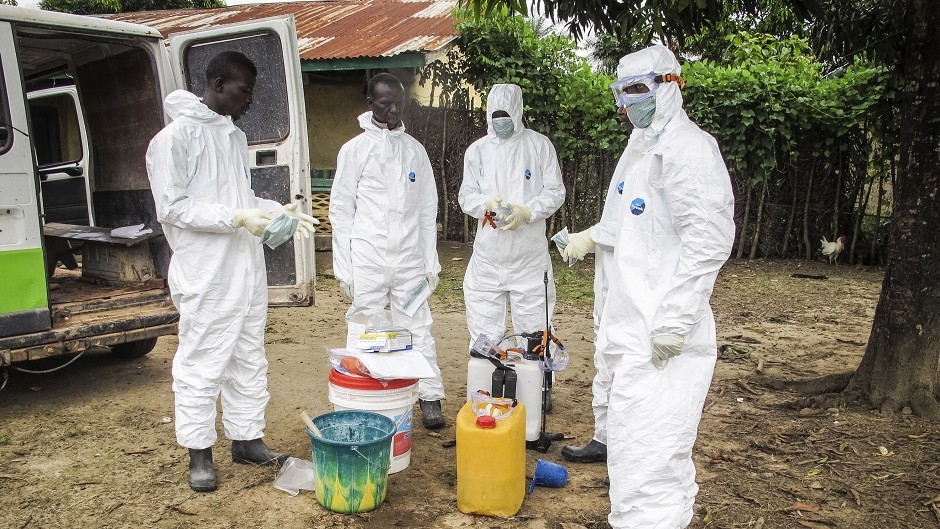An Ebola outbreak that killed almost 4,000 people in Sierra Leone has been declared over by the World Health Organisation (WHO), signalling the beginning of a critical period of heightened vigilance.
The WHO made the declaration because it has now been 42 days – twice the maximum Ebola incubation period – since the last confirmed patient returned two consecutive negative tests and was discharged from hospital.
WHO representative in Sierra Leone Dr Anders Nordstrom joined president Ernest Bai Koroma for an official ceremony to mark the date at the Bintumani Conference Centre, Freetown.
He told the crowd: “Today, 7 November 2015, the World Health Organisation declares the end of the Ebola outbreak in Sierra Leone.”
The statement was met with immediate fanfare and prolonged applause.
In anticipation of the official announcement, hundreds of people held candlelight vigils to honour those who had died during the outbreak and celebrate its end.
Dr Nordstrom said: “The world had never faced an Ebola outbreak of this scale and magnitude and the world has never seen a nation mobilising its people and resources as Sierra Leone did.”
He added: “The power of the people of Sierra Leone is the reason why we could put an end to this outbreak today.”
Since Sierra Leone recorded its first Ebola case in May 2014, 3589 people have died, including 221 healthcare workers, and there have been 8,704 infections.
The country will now enter a 90-day period of enhanced surveillance.
“This period is about ensuring that we can consolidate the gains of existing systems to manage future risks,” Dr Nordstrom said.
The outbreak decimated families, the health system, the economy and social structures in Sierra Leone.
There are around 4,000 survivors who will require ongoing medical care and social support.
British nurse Pauline Cafferkey, from south Lanarkshire, caught Ebola while working at the Save the Children treatment centre in Kerry Town.
A report found she was wearing a visor rather than more protective goggles, which she could not get to fit properly.
She was diagnosed in December after returning to Glasgow from the west African country via London.
Ms Cafferkey is still being treated at the Royal Free Hospital in north-west London, months after she was thought to have fought off the Ebola infection.
She suffered a bout of meningitis and her condition worsened, but she has now been treated with the experimental drug GS5734.
The end of the outbreak was welcomed by British government representatives, however many warned the road to recovery will be long.
Foreign Secretary Philip Hammond said the UK would continue to stand with Sierra Leone.
He said: “Defeating Ebola has been a long and difficult journey and this achievement belongs first and foremost to the people of Sierra Leone who have demonstrated incredible resilience, bravery and determination.”
